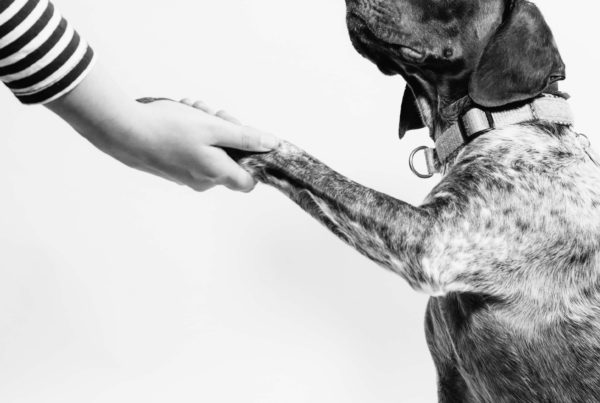Slipping into bad habits. It’s so easy to do. Of course, the definition of “bad” is subjective, but we delude ourselves when we deny that we do this. It’s natural to slip back into what is familiar, habits or actions that are us on auto-pilot.
These typical negative behaviour patterns are in all of us: procrastination, disorganisation, overspending, overindulging, avoiding certain tasks, ‘doing things the way we always have’; these are often the ways we deal with stress.
In the short term, we often feel better, calmed, or even comforted.
In the long term, though, we usually experience the opposite: negative feelings, high stress, health issues, self-doubt, or defensiveness, and in most cases, we have to face the negative consequences of having been on auto-pilot past its use-by date.
People, situations, jobs, projects, and clients may find us outdated, disinterested, unhealthy, stagnant, or unqualified and will move on without us.
In retrospect, our short-term avoidance of “discomfort” is quite small in comparison to the big, generally negative outcomes we experience for maintaining our “bad habits” and the costs to us professionally and personally. It is definitely not worth it.
So the minute you notice yourself slipping, get a grip and change direction.
- First, do that task you don’t want to do!
- Make sure you ask for help or guidance to do things differently.
- Build this in as your “new habit”.
It takes practise and time, like with every craft we want to master. You build new muscles and muscle memory steadily. If you slip, no problem. Pause, get a new grip, and move on.
This will allow you to continue to:
- Build great long-lasting relationships
- Do great work for your clients
- Make money for the company
So, minimise your slips with kindness, awareness, and honesty to yourself as you get a grip on your new habits.
-Laura






